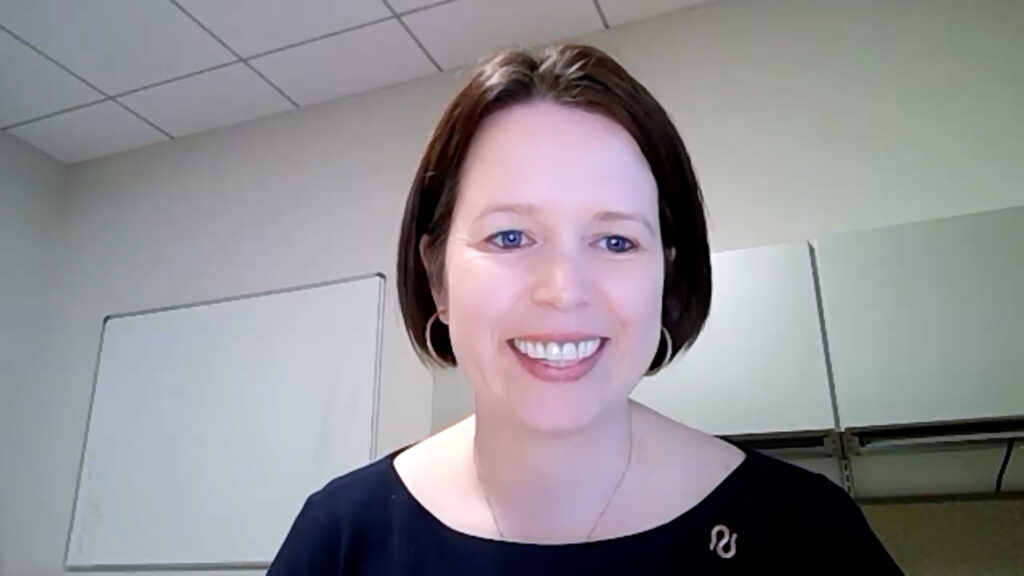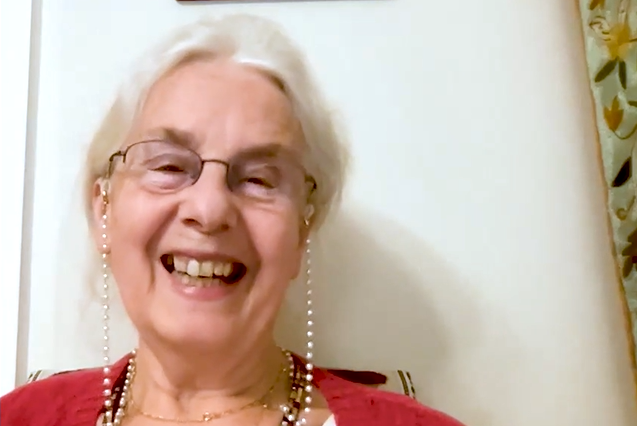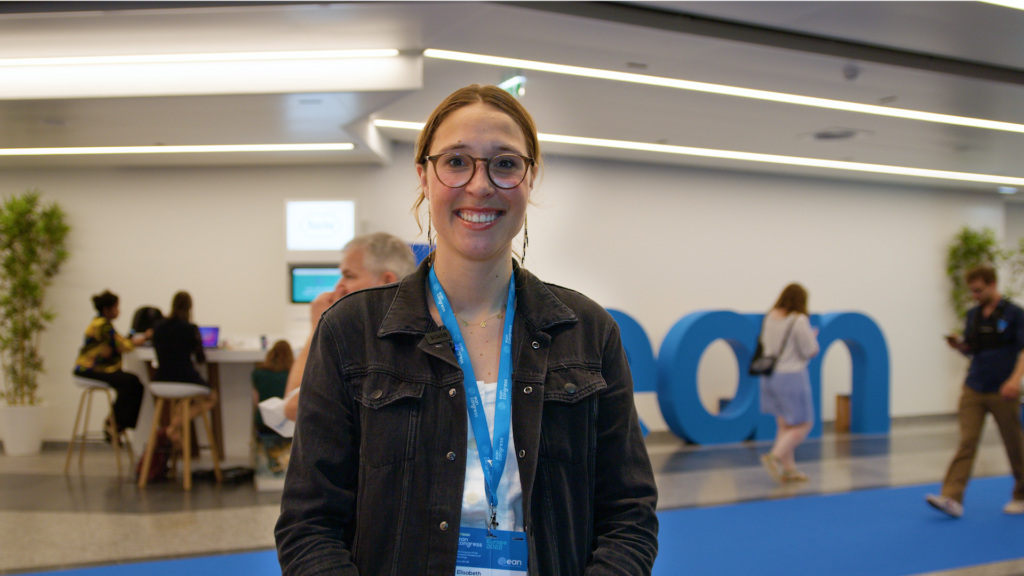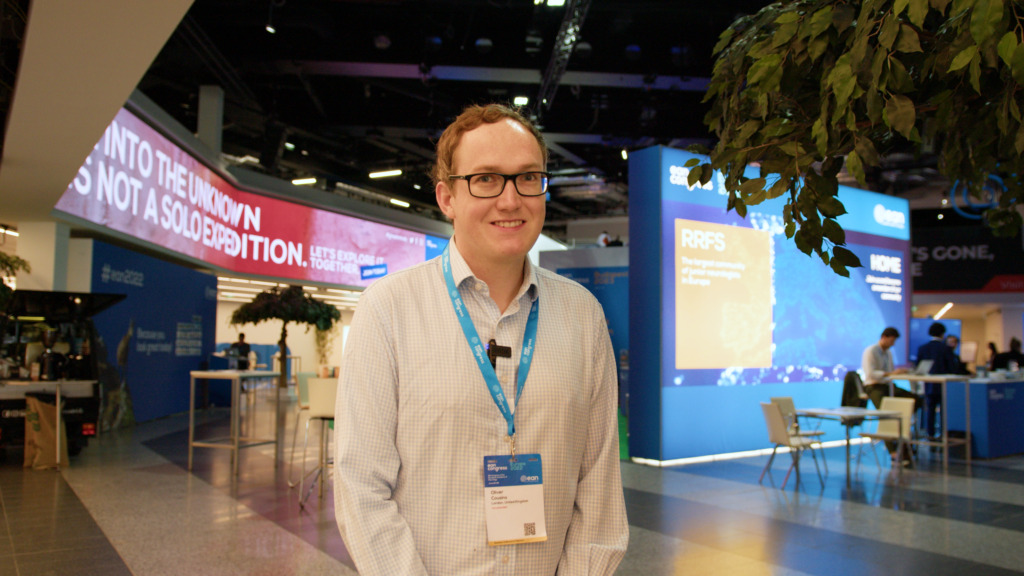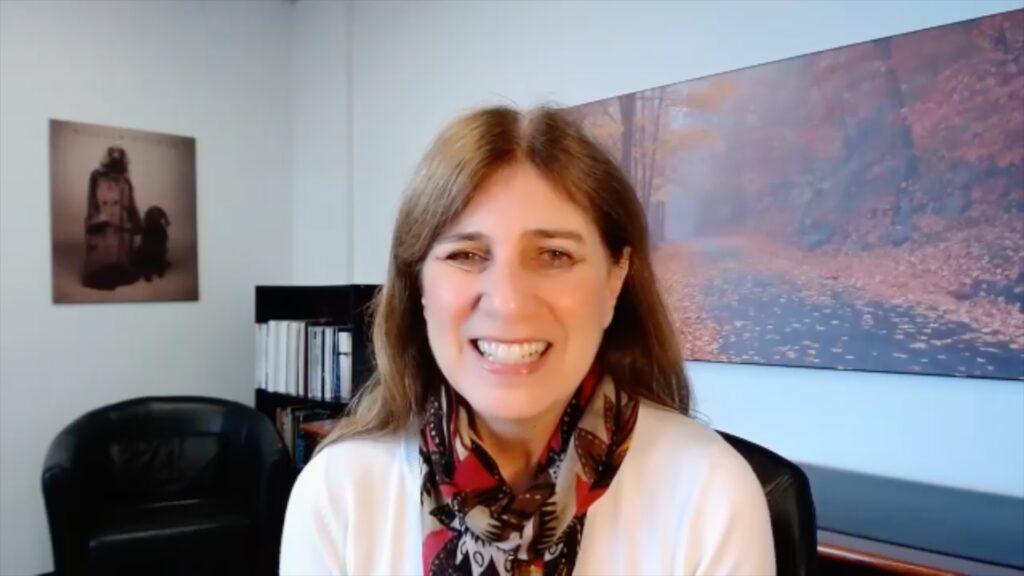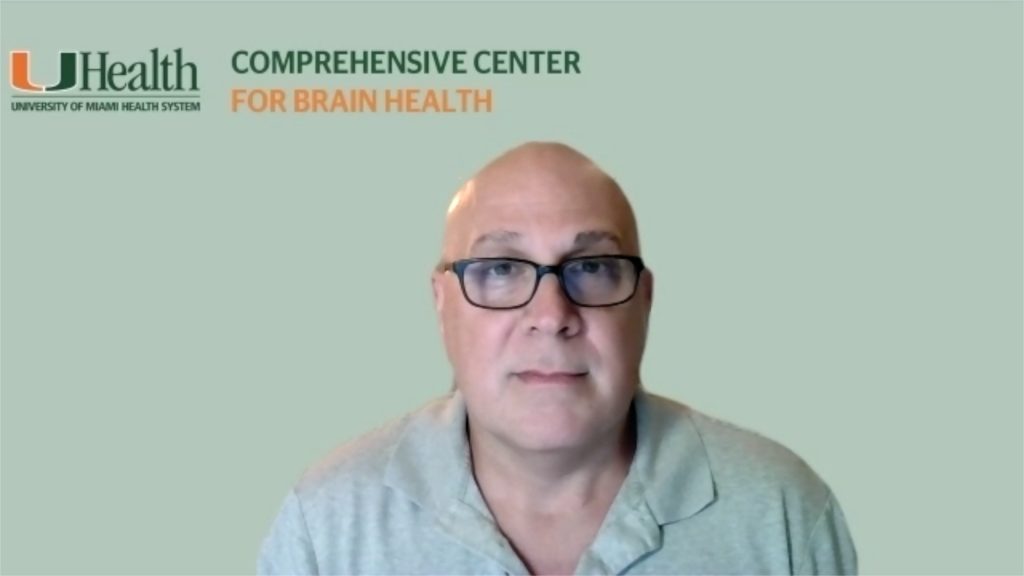Aducanumab is a human monoclonal antibody targeting soluble and insoluble amyloid beta (Aβ) aggregates. Aducanumab was approved in June 2021 for the treatment of mild cognitive impairment due to Alzheimer’s disease or mild dementia due to Alzheimer’s disease by the FDA under the accelerated approval pathway.
Dr Sharon Cohen (Toronto Memory Program, Toronto, Canada) discusses the EMBARK redosing study, an open-label study assessing the long-term safety and efficacy of aducanumab over 24 months in participants with Alzheimer’s disease who were enrolled in aducanumab clinical trials named PRIME/EVOLVE/EMERGE/ENGAGE.
The abstract entitled ‘Baseline EMBARK Data From EMERGE, ENGAGE, and PRIME Participants in the EMBARK Redosing Study’ was presented at the American Academy of Neurology (AAN) annual meeting, April 2-7, 2022.
Questions:
- Could you tell us a little about aducanumab and its current approval status in the treatment of Alzheimer’s disease? (0:18)
- What are the aims and design of the EMBARK redosing study? (1:34)
- What were the findings so far from the study? (3:06)
- What are the implications of these findings for future dosing regimens of aducanumab? (5:06)
Disclosures: Sharon Cohen is a consultant for but receives no personal fees from Alnylam, Biogen, Novo Nordisk, and RetiSpec; and receives grant/research support paid to institution from AgeneBio, Alector, Alnylam, Anavex, Biogen, Cassava Neurosciences, Eisai, Eli Lilly, Green Valley, Janssen, Novo Nordisk, RetiSpec, Roche, UCB Biopharma, and Vielight. Sharon Cohen is also on the advisory board (receives no personal fees) for Biogen, Cassava Neurosciences, Cognivue, Cogstate, Eisai, Eli Lilly, INmune Bio, ProMIS Neurosciences, and Roche.
Support: Interview and filming supported by Touch Medical Media. Interview conducted by Katey Gabrysch.





